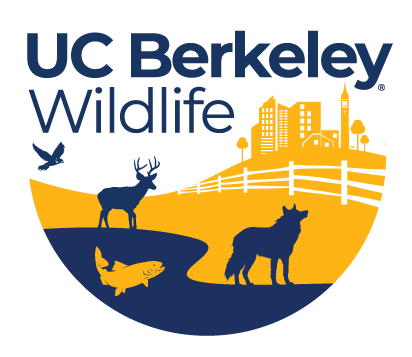Urban areas are currently expanding to accommodate the growing human population, with up to 1.5 million km² of additional impervious surfaces projected to be added to the Earth's surface by 2050. As impervious surfaces increase globally, the human-wildlife interface will shrink, subjecting wildlife to the myriad social-ecological pressures of cities and underscoring the need to understand the drivers of biodiversity and wildlife ecology for effective management and conservation initiatives. Moreover, as we aim to protect and bolster biodiversity amidst a global decline in species, investigating how biodiversity data coverage varies across landscapes will be critical in filling gaps and ensuring equitable conservation. Though cities are famously characterized by inequities and legacies of injustice, little work has incorporated these perspectives into wildlife ecology. This presentation will highlight the deeply interconnected futures of humans and wildlife by exploring how legacies of injustice and societal inequity shape urban ecosystem health, biodiversity data, and wildlife ecology.
Wildlife Seminar, Cesar Estien, Schell Lab PhD Finishing Talk
Yesterday’s tomorrow: Exploring how societal inequities shape the ecology of cities
Date
Friday November 22, 2024
Time:
12:00am - 1:00pm
Location
36 Mulford Hall, o4 via zoom https://berkeley.zoom.us/j/97568857076
About this event
